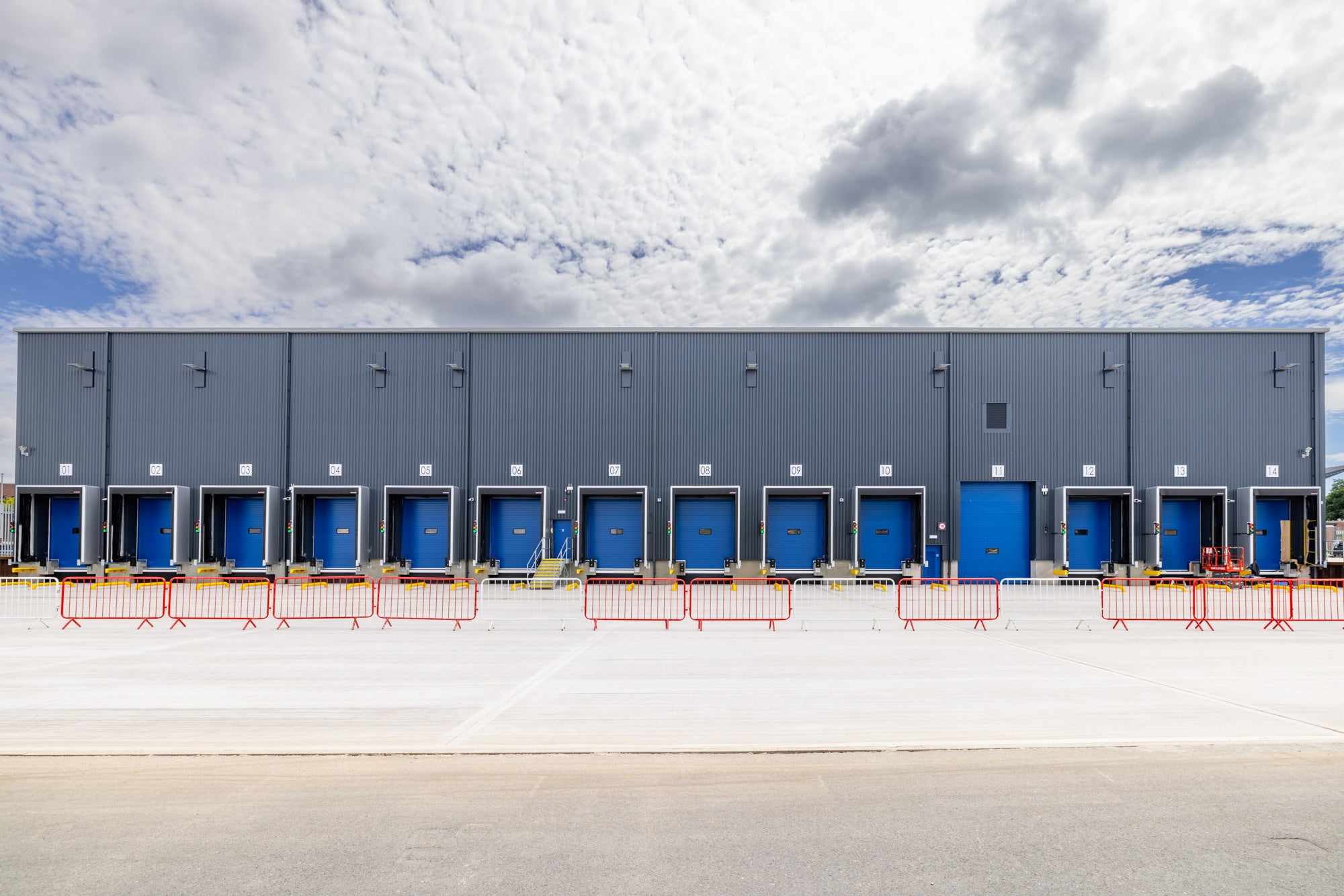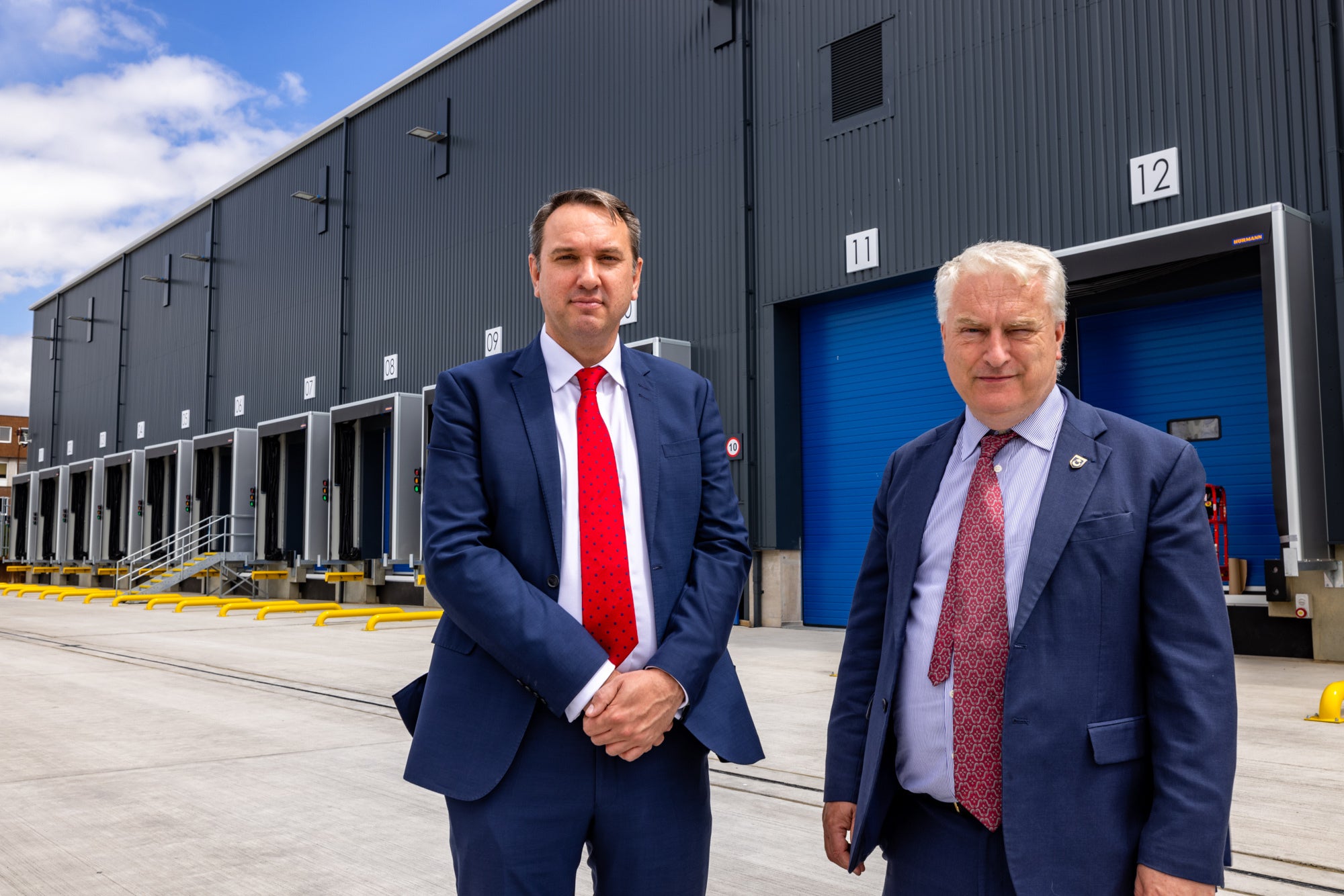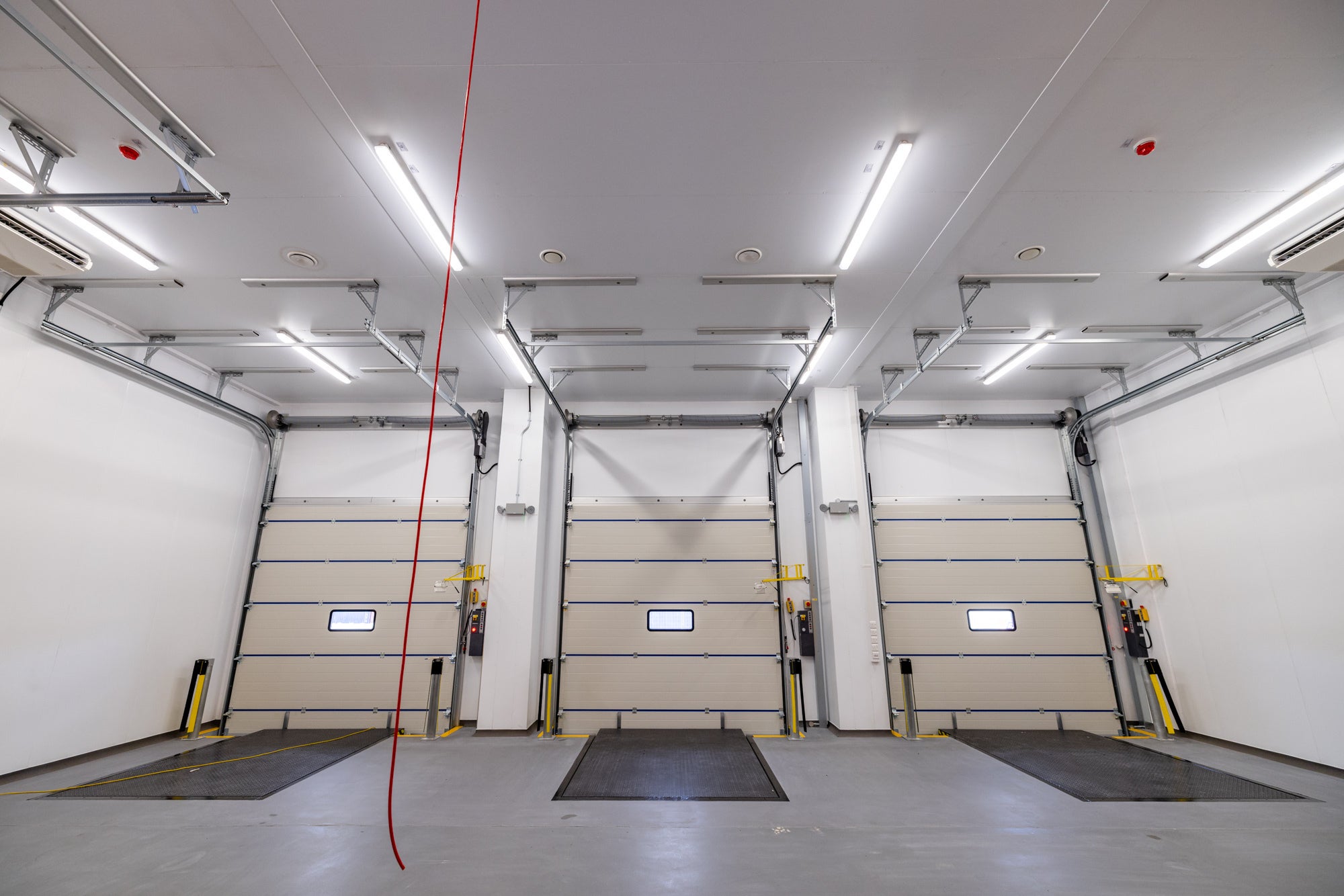
The operators of a UK port have criticised the Government for requiring it to create a £25 million “white elephant” border facility which stands unused after Brexit rules were postponed.
Portsmouth International Port said it had to create the border control post (BCP) to handle inspections on animal products and plant and forest products coming from the European Union.
But after the Government announced that physical checks on imports had been postponed until a new target operating model (TOM) is put in place at the end of 2023, the BCP at the Hampshire port has been left unneeded and unused.

It had been expected to go into operation on July 1, operated by 67 members of port employees.
Trading standards staff and government officials from the Department for Environment, Food and Rural Affairs (Defra) and the Animal and Plant Health Agency (Apha), would also have been required to check consignments.
In future, the TOM is expected to use technology to streamline the movement of cargo at UK borders with physical inspections required for “high-risk” products only.
Gerald Vernon-Jackson, the Liberal Democrat leader of Portsmouth City Council, which operates the port, called on the Government to cover the authority’s £7.8 million shortfall from creating the facility as well as ongoing running costs.
He said: “The most serious issue is the phenomenal cost the council has had to absorb.
“It is a highly specialised facility, with limited use except for the purpose it was built.
“As a council we have been left to foot the Government’s bill, when budgets are already stretched.

“We followed their requirements, made sure this would meet their deadlines, and now we are faced with an empty BCP for the foreseeable future and liable for £7.8 million plus running costs.
“We can’t just turn the lights off and absorb the costs. In order to know the BCP will operate properly if required in the future, we need to keep the facilities running to a degree to make sure it remains working.”
Richard Ballantyne, British Ports Association chief executive, said the BCP facilities built at sites around the country were “costly white elephants”.
He said: “Our industry has built numerous border control post facilities at great cost and effort, both to the public and private sector.
“Government is now suggesting these won’t be needed. Most ports need to recoup operating costs for their facilities and this is traditionally done through levying a charge on importers, which of course is not currently an option.
“We therefore need the Government to allocate resources and funding accordingly.
“Ministers have said a revised regime not involving physical checks is being developed so we need to discuss what the BCPs can be used for and if Government will be able to fund their modification or even removal to prevent them being costly white elephants.”
It is understood the Government felt the postponement of the BCP requirement was considered to be in the national interest to prevent disruption to supply chains and that discussions are under way to find an alternative use for the site.

A Cabinet Office spokesman said: “We are always open to considering new ways to reduce burdens for traders, ease flow at the borders, and cut costs to help traders with cost-of-living pressures.
“That’s why the remaining import controls on EU goods will no longer be introduced this year – saving British businesses up to £1 billion in annual costs. Instead, traders will continue to move their goods from the EU to GB as they do now. The ports industry across the country supports our decision.
“We are currently working with ports, including Portsmouth port, on an individual basis to assess the impact of the July import controls decision, and to address any issues or concerns they may have.
“This includes seeking to identify ways of preventing unnecessary additional capital cost and minimising ongoing costs.”
The BCP comprises temperature-controlled chambers, and sterile areas to prevent cross-contamination of plant and other products involving air-lock quarantine areas.
It measures 4,400 metres squared and contains 14 loading bays, refrigerated examination rooms, separate drainage facilities, bio-secure detention areas and sealed floors and doors.

.jpg?w=600)





